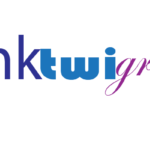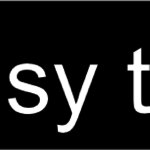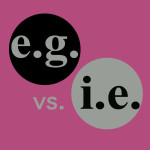Imagine that an Instagram user, a LinkedIn user, a Facebook user, and a Twitter user were all invited to collaborate on a new social media platform. Each participant has brought her own communication preferences to the new environment, but there are questions. Should communication be long and expressive or short and simple? Should communication include […]
Blog
Communication…it’s not about you.
I once ordered a coconut latte. I received a regular latte with coconut syrup. What I wanted was a latte made with coconut milk. I blamed the barista, but was that fair? This was clearly a miscommunication, but whose fault was it? Communication is often less about what you want to say and more about […]
Why you should stop saying you are busy
We are all guilty of this. Someone asks us how we are doing. We respond with, “Not bad. Just busy.” Or, “Work is really busy right now.” Sure you are busy—we all are—but saying you are busy may be hurting your relationships and your professional image. There are two types of communication, transactional communication and […]
Business English Vocabulary, Idioms, and Expressions Class – February 24, 2016
Powered by Eventbrite Business English Vocabulary, Idioms, and Expressions Class 12-Hour Class Meets on Wednesdays (February 24 – March 30, 2016) 6:30 – 8:30 PM Ovient, Inc. (Inside Plug and Play Tech Center in Sunnyvale) Do you know what it means when someone says that you are way off base? Has anyone ever asked you […]
What is the Difference between “e.g.” and “i.e.”?
This CommunicationSnack® compares “i.e.” vs. “e.g.” and shows you how to use these abbreviations. These two Latin abbreviations are used to clarify information. e.g. = exempli gratia (for example) i.e. = id est (that is/in other words) e.g. Use “e.g.” when introducing information that includes an example of what you are talking about: The CEO […]



